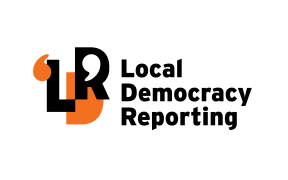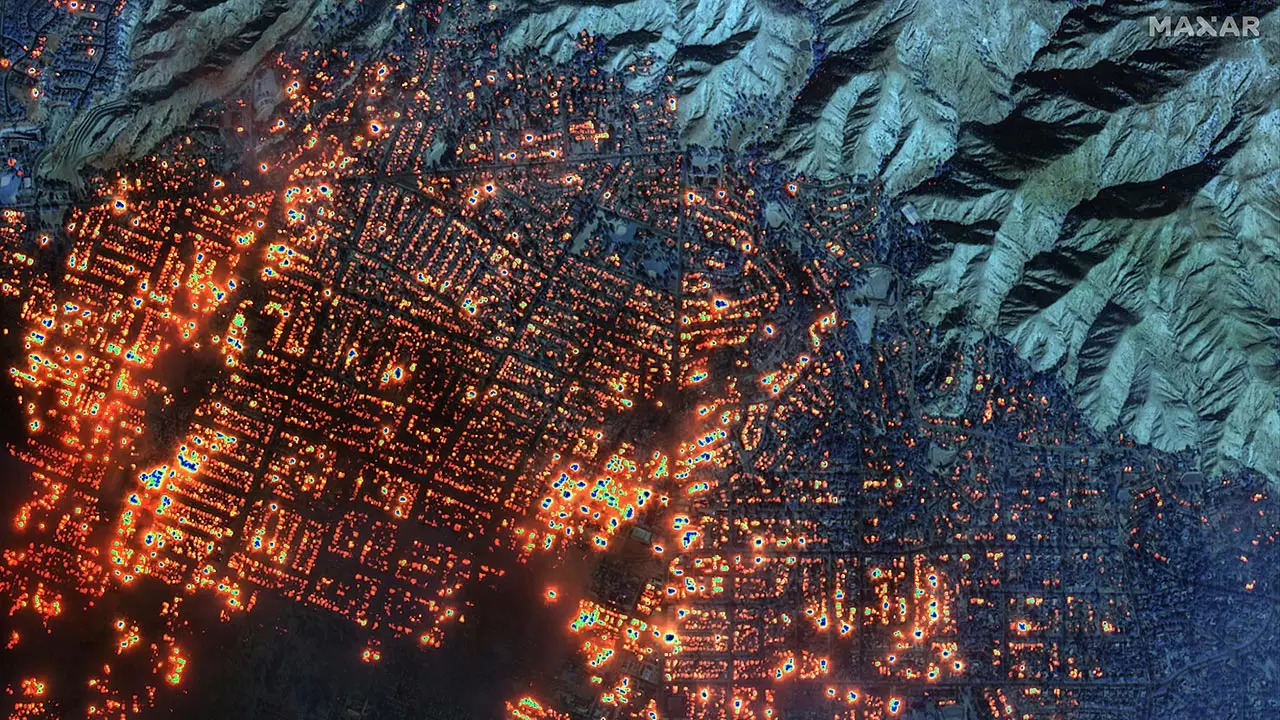By Max Frethey, Local Democracy Reporter
Nelson’s two Māori Ward candidates have found their much lower election expenditure limit – when compared with other candidates – frustrating.
Māori Ward candidate Kahu Paki Paki says their lower election expenditure limit restricts their effectiveness in engaging Māori.
Photo: Andrew Board / Nelson Weekly
Nelson’s Māori Ward candidates have an election limit of just $3500 to spend on their campaign while mayoral and at-large council candidates, who campaign across the same geographical area, have a limit of $30,000 – almost ten times the amount.
Nelson’s two Māori Ward candidates were not happy with that dichotomy.
“Our current form of democracy is designed not to enable the majority, but to protect and care for the minorities within our society and find a balance of inclusion,” Kahu Paki Paki said. “This policy ignores that at it’s very core.
“We are not even on an equal footing as the rest of the candidates and its extremely frustrating,” Bernie Goldsmith said.
“Māori have been patiently waiting 20 years to be able to vote for our Māori Ward candidates and it has been extremely difficult to market when we don’t have the budget that the other candidates do.”
The current expenditure limits are calculated in accordance with law.

“It’s required by the legislation,” Electionz.com chief returning officer, Warwick Lampp, said.
He explained that the limit of a candidate’s election expenditure is calculated based on the population as indicated by the latest data: the 2021 population estimates by Statistics New Zealand.
“Every election is different depending on the population.”
For Nelson’s Māori Ward, the expenditure limit is based off the city’s total Māori population rather than the number of voters enrolled on the Māori role or the proportion of Māori in Nelson.
But Paki Paki thinks the approach is flawed and fails to consider lower Māori participation in elections.
“The Māori population has been disconnected with the electoral system for so long there is an intergenerational distrust that their vote or opinion even makes a difference,” he said.
“This is a monumental challenge by itself that we are required to overcome.”

Bernie Goldsmith says her lower election expenditure limit is exclusionary when a Māori Ward should be promoting inclusion.
Photo: Supplied
Goldsmith agreed with Paki Paki on the challenges faced by Māori Ward candidates.
“The point of the introduction of the Māori Ward and other wards is to get more inclusion and we, the Māori Ward candidates, are already excluded,” she said. “We all know the stats on voting turnout and for Māori it’s even less.”
The Central and Stoke-Tāhunanui Wards have a population of about 6,400 per ward councillor. Candidates standing in these two wards have an expenditure limit of $20,000.
But the successful Māori Ward candidate will represent about 3,300 Māori with an expenditure limit of $3,500, just 17.5 percent of $20,000 rather than a more proportional figure of about $10,000.
“Our Māori community deserves good representation too, just as much as the rest of the community and this policy hamstrings our effectiveness to get the message out there and be well supported,” Paki Paki said.
“Just like the rest of the society, we want to find the best amongst us to inspire us and to serve us.”
Local Democracy Reporting is Public Interest Journalism funded through NZ On Air

















![Tunisia: President of Republic Meets PM and Stresses ‘Need to Break With ‘Old Laws’ [upd 1] Tunisia: President of Republic Meets PM and Stresses ‘Need to Break With ‘Old Laws’ [upd 1]](https://cdn08.allafrica.com/static/images/structure/aa-logo-rgba-no-text-square.png)



Discussion about this post